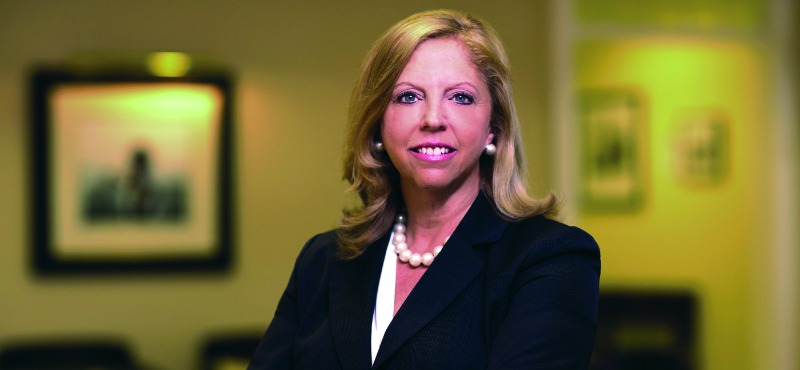Entrepreneurs possess unique characteristics and talents that they apply to create a new business, including being comfortable taking risks in order to bring into existence new products or services. When the founder of a business decides to slow down or retire, he or she assumes a different type of risk than what they encountered in originating their business – the risk of failure when transitioning to the next generation. The entrepreneur is very comfortable when he or she is in control of the risk-taking; however, transitioning to a family member vs. unrelated third-party buyer is a totally different ballgame.
In those circumstances in which I have represented the founder in a succession plan to a family member, the most significant concern is not about a return on investment, rather, it is in preserving his or her legacy of the business they created. Of course, the issue of retirement income is part of the equation in that most of the founder’s assets are tied up in the business, which means a successful transition is essential to future lifestyle. It is sometimes less stressful and more prudent to sell to an unrelated third party; however, this decision is not easy when a family member has been in the business for an extended period of time and wants the opportunity to become the owner.
Business continuation and succession planning is one of the most challenging obstacles the owners of family and closely held businesses face. Despite recognizing its importance, most business founders do not give succession planning the attention it deserves simply because they do not know where to start. A successful succession plan starts with outlining the goals of the founder and successor with each party answering questions that are pertinent to business and exit strategies. The parties must be willing to have an open dialogue without egos becoming an obstacle in an effort to discuss concerns with their advisors, which should include counsel and the family accountant. Doing so will help owners focus on where they are headed and allow them to formulate a strategy and agenda that achieves their goals.
Among the multiple questions that the parties should answer and the various challenges that should be addressed to build a strong framework for the succession plan include the following:
- Do we have a clear picture regarding the exit strategy and what mechanism will be used to transfer the business or assets; i.e., sale, gift or some combination?
- What are the primary objectives to the transition of the business and is the successor capable of operating on his or her own once the founders have departed?
- Is it your desire to see the business survive a transition in ownership? How long should the founder(s) remain active after the transition and what will be the mechanism for decision making?
- How long will it take to totally transition to the next generation and should there be a mechanism for the founders to take back the business if the next generation is failing?
- Have the risks been clearly identified? Is there a clear picture as to what will happen if the transition does not proceed as planned?
- Is the lender comfortable with financing the business once the founders are no longer in control?
- Does the business maintain cash reserves to deal with changing business conditions, such as the incapacity or death of an owner?
- What are the opportunities for the next generation in taking the business to the next level and do the founders share in the success?
- When should management of the business be transferred completely?
- Do we have an appraisal of the business as a going concern and have the parties addressed intellectual property concerns and protections?
- What vehicles are most appropriate to transfer the business; i.e., stock or asset sale?
- Do we have an estate plan in place that will accommodate the transfer of the business?
- What mechanisms are in place to resolve disputes?
- Will key employees support the transition to the next generation or should they be considered for partial ownership?
It is difficult for the founders to determine the correct time to begin the process; however, the key to a successful plan is to make certain that all of the questions are answered before beginning the process of transitioning. Planning a business exit can often be emotional due to personal and family dynamics, which is why family and closely held business owners should address business continuation and exit strategy planning sooner rather than later. Proper planning of this type takes time, sometimes several years.
There are many strategies and tools owners can select to accomplish their goals. A buy-sell agreement can control business interests in the event of divorce, disability, bankruptcy or substance abuse. Continued family ownership can be accomplished through lifetime gifts or transfers at death. Sales to outside employees or family members can be accomplished by transactions structured to provide on-going cash flow. Certain types of trusts can assist to provide instructions as to how to vote shares of stock in the event of an owner’s incapacity, or to transfer business interests to family members during life and after death.
Most strategies are not without drawbacks and some of the more common strategies have significant tax consequences. A thoughtful planning process and an open and constructive ownership meeting to discuss and weigh conflicting objectives will ensure that the chosen exit strategy meets personal, family and business goals. For more information about succession planning and other related business and legal issues, please contact PLDO Managing Principal Gary R. Pannone at 401-824-5100 or email gpannone@pldolaw.com.


















